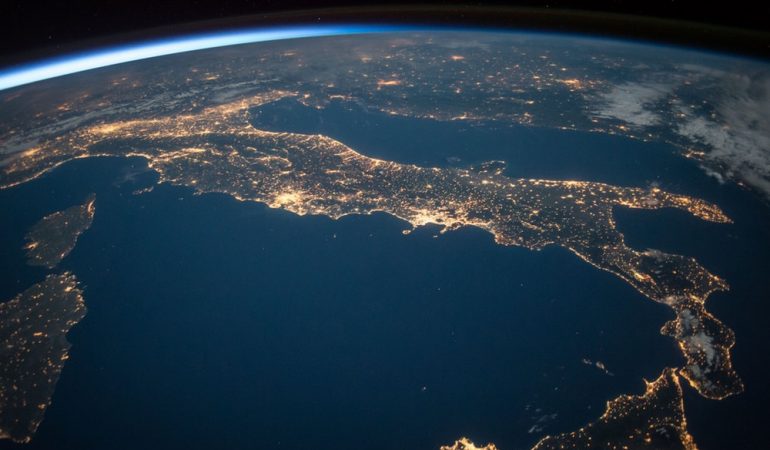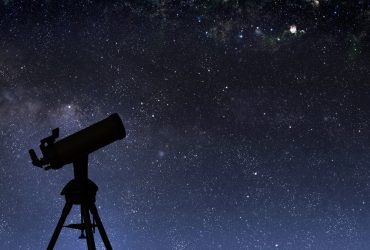How Does Light Pollution Affect Astronomy?
How does light pollution affect astronomy? Adversely, that’s how! As anyone can tell you, and as you probably already know, having good light conditions is important for getting good shots of the night sky.
Yes, you can buy a good telescope for planet viewing that can partially deal with the light pollution; however, extra, unwanted outside light can really affect your overall viewing.
There are actually different forms of light pollution. Glare, Skyglow, Light Trespass, Confusion and Light Waste. You may have other words that you refer to them by but these may not be printable, so let’s stick with the well-known ones for now!
Glare and Light Trespass
Glare is where light beams straight into your eye from a bright light source such as a bulb. This is the well-documented light pollution from general city living; the lights from houses, office blocks and shops which can cross property lines and is then known as a “light trespass”.
This type of light pollution is the most easily avoided – by simply setting up in a darkened corner you can avoid the most harsh and penetrating light disturbances.
You can also set up a tarpaulin or other covering to block out the light, or if the offending beam comes from a neighbouring property or a close by building, there will be people you can speak to who will be (hopefully) willing to turn it off, even if just for an agreed length of time, or switch the bulbs for more modern designs.
Confusion
Confusion is where there are too many bright lights, or even flashing lights, competing for attention in the sky.
Light Waste
Light waste is the one we all know and hate; caused by lights left on all night when they have no need to be.
Skyglow
Skyglow comes from what we all know more commonly as “light pollution”, and it originates from four different sources. A faint glow coming from the upper atmosphere which is a permanent fixture (sorry about that); Zodiacal light is light which is sunlight reflected off interplanetary dust; starlight which pervades through the whole of the atmosphere, and background light from far-off stars and galaxies.
Other factors
Other, unexpected things can affect light pollution. For example, did you know that the weather can change how you see the stars? A cold weather front can do a great job at clearing out light pollution, so it’s worth braving it and putting on your thermals to go out and get some great shots.
Rainstorms and blizzards can also help, so it is definitely worth getting cold and wet! Conversely, dry air is also great for helping to remove light pollution and get you those amazing views of celestial bodies that you have been searching for.
There is a new generation of bulbs that can not only help with nighttime visibility, but can also save cities money on their lighting needs, In order to get a good glimpse of the heavens, you want the light to be pointing downwards rather than straight up at the sky.
Full cutoff fixtures light up the ground below them, as well as reducing the glare of light escaping into the higher atmosphere, by using reflection above the bulb rather than refaction from a plastic cover around it.
This makes for an all round smoother illumination and is great for pedestrians an motorists, as well as stargazers.
Sodium vapour lamps can also have a huge effect on the amount of light pollution and make it much easier to use spectroscopes as well as ordinary telescopes – but unfortunately these lamps are not universally rolled out across the world.
What you can do to help improve the light pollution
You may be wondering what you can do to help improve the light pollution issues – the simple answer is to join the IDA, the International Dark Sky Association. This was set up in 1988, and lobbies constantly for better light conditions for stargazers, as well as for the rest of the population.
By joining this organisation and helping to fund it, you can really help make a difference to your chosen hobby, and make it an all round much more rewarding experience. It is not an expensive outgoing, and it is one that can really help to make a positive change.
Astronomy is not only a great hobby, but it is one that can introduce young people to a career in Physics, for example, or astronomy itself, meaning that we should all be making an effort to make sure that it stays alive in young hearts, as well as the older ones. How does light pollution affect astronomy? Far more than it should do!



